There is a danger in a single story. As eloquently put by Chimamanda Ngozi Adichie, “it robs people of their dignity. It makes our recognition for equal humanity difficult…….show people as one thing. As only one thing, over and over again and that is what they become” ( The danger of a single story). Your average American’s knowledge of Paris and France, in general, is very cliche-based: Eiffle Towel, croissants, French kiss, rude people, la vie en rose mentality, etc… There is no Paris apart from these cliches and stereotypes. Beyond that, France does not exist.
Americans’ shorthand for Paris, French people, and their culture was shamelessly brought to light and proudly broadcasted on a world stage, through the recent Netflix show called “Emily in Paris”, made by Darren Star, the creator of “Sex and the City”. The show revolves around a young professional American, Emily Cooper, who has been working in a major marketing firm in Chicago. The ingenue 20-something-year old’s life takes an exciting and dreamy turn when she is relocated to Paris to bring an “American Perspective” to a French marketing firm. Once in Paris, Emily quickly takes over the agency’s social media, manages to get on the bad side of nearly all her new co-workers, and finds herself in a love triangle.
Emily in Paris went “down like sour wine for actual Parisians”, said The New York Times’ review of the show. The majority of it is about 58 million viewers loved it, although at times it made them cringe and dislike Emily. On the other side, French people and most people who have lived in Paris ridiculed the show and found it to be offensive. “Emily In Paris” is a series made to divide opinion” (punkee.com.au).
Emily in Paris: American Perspective or American Ignorance?
Here is what my French roommate, Julia, a French Instructor at John Hopkins University in Baltimore, currently in Paris doing academic research, had to say about “Emily in Paris.”
Berita:
“ Alors, Julia, what was your reaction to “Emily in Paris”?
Julia:
“It’s a compilation of all the cliches that people have and that are detrimental to the French people, especially those living outside of the country. I live in the United States. And I’ve seen so many people believe that I have threesomes all the time…I’m one of the people that would accept my man having mistresses. Which is something that is not French at all. It is a small part of the Parisian sphere that works like this, the elites, politicians….people like that….But regular people… don’t stand that…they don’t live like this…”
Berita:
“What else is false in Emily in Paris?”
Julia:
“There were many things that made my skin crawl….like the stereotypes about the French people being so attached to their culture that they would not accept new ideas, when actually that kind of pride about culture and nation….it’s extremely American. It is not French. I say that because I hear American people say that they live in the best country in the world, or think they’re the best at everything….. And it would never even cross French people’s minds to think of their country as the best as if it was a competition. We don’t have that kind of pride.
I mean, that’s the common misconception of French people that annoys me. This idea that we are so proud, that we are so full of ourselves when most of us were raised in a very humble manner.
I remember my mother stepping on my foot every time I was about to say that I was doing very well in school. People would ask me how I was doing in school. And I was doing great. I had really good grades. But my whole childhood, my mom would stop me from saying it. And she would say she’s doing okay. And that is actually very French. I don’t know where we got this reputation of bragging a lot. Because we don’t. That’s actually such an American thing.”
Berita:
“ You’re right. Americans, we do love to brag. We brag a lot. We brag about our grades. Parents, post pictures of their children’s school reports on social media. When we get a new job we post and brag about it. We brag about the new house we just closed on. About the student loans we just finally paid off. About the acceptance letter, we just received. Yeah, we do. But, I don’t think most Americans see it as bragging in that sense. I think it is done from the perspective of ‘look, I struggled with this, but I made it. I succeeded despite the challenges I faced.’ I believe it is mostly done for motivational and inspirational purposes.”
Julia:
“We (French people) would not do that…..what I feel is like Americans view everything as a source of competition. So when you go to restaurants, you don’t say, it’s good, or it’s excellent, or I loved it. You go, ‘Oh, it’s the best! It’s the best in the world.’ Everything has to be the best….an idea French people don’t have.”
“ I haven’t seen the show in its entirety, but I remember a scene. I saw it on YouTube of the American girl singing in the Park. And of course, all the French people in the show stopped. In what French world!? No! If a French person went to a park in America and started singing “Sweet Home Alabama” nobody would stop….
Berita:
“Yeah, people would probably give you weird looks… like ‘would you shut up!’ Maybe if you sang beautifully people would tolerate your outburst singing a bit more. Otherwise, no.”
Julia:
Exactly! The same in Paris!
Berita:
“ The show got many things wrong! Has it impacted you personally?”
Julia:
“I hate that my love life can be impacted by such a show because it has. I mean, not the show (itself), but the stereotypes around the show. This idea that French women, you can sleep with them. No problem. There is no commitment. I met guys ( in the US) who were sure that since I was French, I would French kiss all the time. And that’s weird! Absurd! When you date someone ….and he’s always trying to shove his tongue down your throat because you’re French. It’s not pleasant at all.
Berita:
“No! That’s disgusting! And harassment alert!”
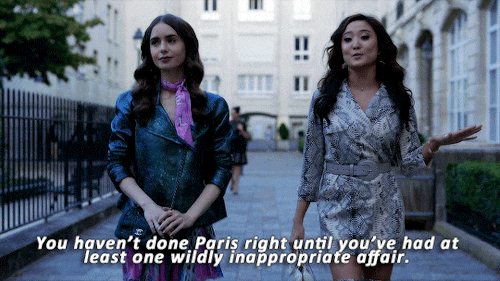
Julia:
“Yeah….And so many American people that I met felt that we were in an open relationship….And that of course, would be cool because I’m French. Actually no!… The first cause for divorce in France is infidelity. It’s people cheating on their partners. So it’s absolutely not accepted. And there were so many other things, this idea that French people don’t work. Well, dudes, I’ve worked in France. I’ve been in the workforce for five years before going to America. And I can tell you that if I try to see how long I was working per week, it would be always about 50 hours a week. And, in what world that people start working at ten and a half!?
Berita:
“ That means they would work until very late too? “
Julia:
“Right! Sometimes some shops open late or shops would be closed on Mondays. That is true. But people regularly would not start working that late. Like what the hell! If it was like that, it would be much easier to take the Metro in the morning!”
Berita:
“Exactly. The Metro is so packed in the morning before 10 am. And the fact that the Metro starts running around five, means, of course, they know that people are going in to work early. On the days I have my classes late, by the time I get on the train around ten, the trains are nearly empty because people are already at work.”
Julia:
“So, yeah it failed…I mean, those are the common misconceptions of French people that really annoy me especially when I am in the US.”
Emily in Paris: Glamorous or Offensive?
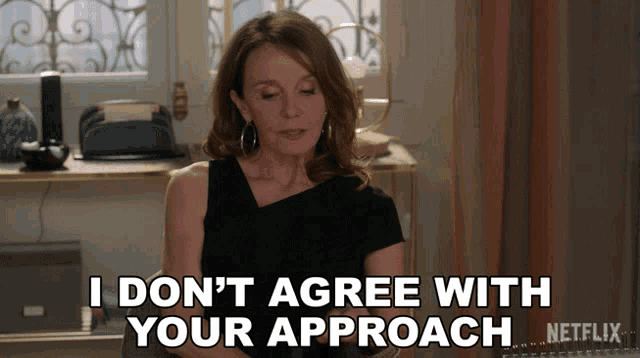
Despite the show’s critiques saying that it is, a “compilation of very rude and detrimental stereotypes about both French and American people” ( as Julia put it), and others saying, the series portrays glamorized and capitalistic views of Paris: from the stereotypical French apartment serving views. “Socialite cocktails in dresses from major fashion houses. Bouquet of fresh roses. Handsome French people kissing. All these elements which mix romanticism and luxury seem to dominate the Parisian life of Emily….Rarely had we seen so many clichés on the French capital ” ( rtl.fr).
Darren Star, the Creator, unapologetically and shamelessly responded:
“That is the point. For me, it’s the evolution of the character. I think when someone goes to Paris for the first time, they are overwhelmed by the beauty of the city and that’s what they’re seeing,” Star tells Variety. “I think, perhaps, a lot of viewers who lived in Paris for a long time didn’t quite understand that this was through the lens of a character who was experiencing the city for the first time. That’s how she was perceiving it — she was really struck by the beauty that was all around her.”
Although Star’s point is valid and completely understandable, there is a danger in creating a single story like this. “The single story creates stereotypes, and the problem with stereotypes is not that they are untrue, but that they are incomplete. They make one story become the only story”( Danger of a Single Story 13:12)”. It is because of films, books, and similar other contents that your average American cannot perceive Paris outside this compilation of stereotypes. It is almost as if, Paris does not exist outside the stereotypes.
I have not heard or encountered a single French person that loves the show. What I have found to be interesting, however, is the fact that Emily is ridiculously American. She is portrayed as a rude, disrespectful, and ignorant American. Yet, most of the Americans who have watched it loved it.
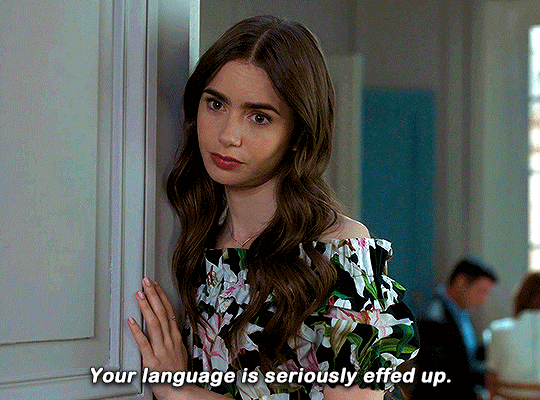
One viewer Tweeted
“I enjoyed it! It was cute, funny, and relatable.”
Now, I do not know what that says about us, as Americans.
Single Story is Dangerous: Emily in Africa
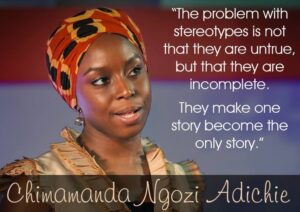
Mother nature blessed me and decided I should be born in the Democratic Republic of Congo (DRC) to intelligent, benevolent, and hardworking Burundian parents. My 12 years of experience living in the DRC and Tanzania consisted of a joyful childhood around compassionate and hospitable people.
As beautifully narrated by Chimamanda Ngozi Adichie, I too faced the absurd, obnoxious, and penetrating pity Americans often default to as soon as they realize one is from Africa. To this day I still encounter similar things. Not to mention the tiresome and ridiculous questions I endured from well-meaning American young adults during my college years: “did you use to wear shoes in Africa? Did you have an elephant or a zebra as a pet? Did you see people dying on the street from Ebola and hunger?” The questions went on.
Now, if you are asking such absurd and ignorant questions, then you definitely will assume, I will not know how to use a stove just like Adichie’s roommate. Consequently, it would make it almost impossible for you to see me as an equal classmate or a viable competition. Rather, you would just see me as someone to be patronized and pitied. Not someone with an intellectual capacity, talents, and skills. Not someone capable of achieving more than a loaf of bread and fish in her lifetime.
Hence, “the consequence of the single story is this: it robs people of dignity. It makes our recognition of equal humanity difficult, it emphasizes how we are different rather than how we are similar” (13:55).
Power Lies in the Hand of the Pen Holder
A single story is inherently linked to the power holder. The stories that are told and recorded depend on who is holding the pen. “It is impossible to talk about a single story without talking about power. Stories are defined by their power. How they are told. Who tells them. When they are told. How many stories are told, really depends on the power holder. Power is defined by not just the ability to tell the story of another person, but to make it the definitive story of that person” 10:13.
“The African National Anthem”
Shirtless children with swollen bellies and flies swarming over them,
Starving people everywhere,
People dying from ebola and other diseases everywhere,
People living under less than a dollar per day everywhere,
People living in huts everywhere,
People walking miles and miles barefoot everywhere,
People with boobs and butts out everywhere,
Wild and exotic animals everywhere,
Tribes fighting each other endlessly everywhere,
Authoritarian regimes and dictators everywhere.
The Danger of a Single Story: Emily in Africa
The above poem has become the “National Anthem of Africa” and for the majority of Westerners, it is impossible to imagine African countries and people beyond this lense. Early African explorers did an incredible job setting the tone and the precedent for how stories of Africa and its people would be told for centuries to come. Today, scholars, political and economic pundits, world leaders, NGOs/IGOs, and regular citizens are still narrating the exact story. The single stories the explorers told created stereotypes. As Adichie said, “the problem with stereotypes is not that they are untrue, but that they are incomplete. They make one story become the only story. It is as important to talk about the other stories. What if we told what the Nigerian writer Chinua Achebe calls ‘a balance of stories.’ Telling stories we prefer not to tell” (14:29).
Single stories are dangerous because stories make a difference. Throughout history, stories have been used to break or make. They move us. They inspire us to act. They can disempower. They can empower. They can dehumanize. They can humanize. They give us hope and restore our faith in humanity. There is truly never a single story about a place, culture, and people. And when we do tell a balance of stories, “ we regain a kind of paradise” (18:22).

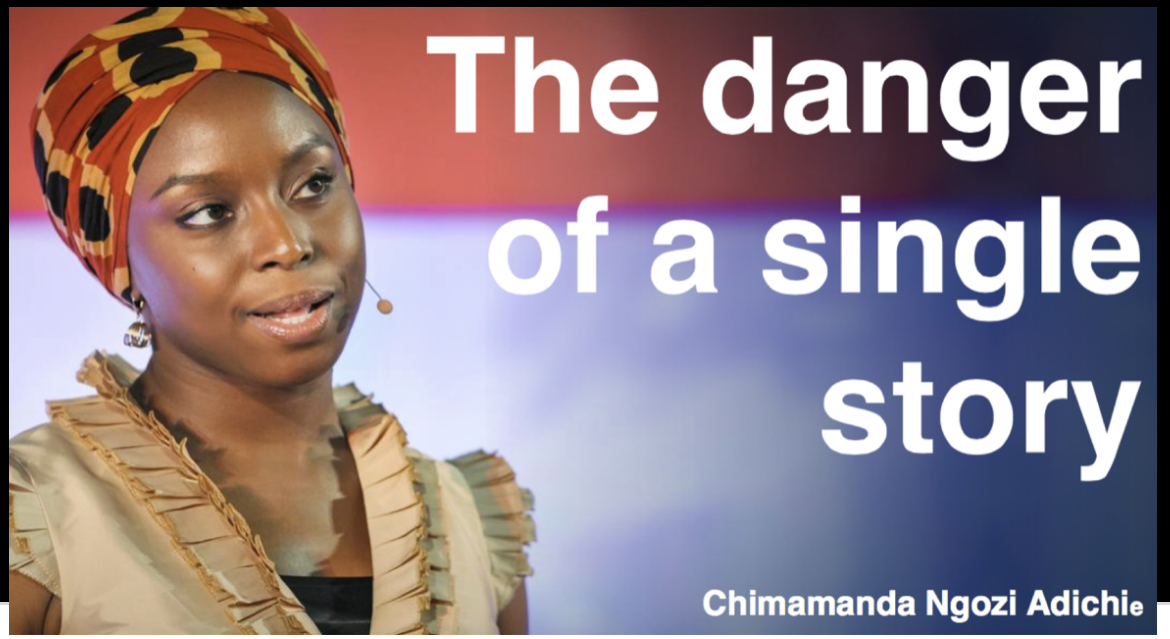
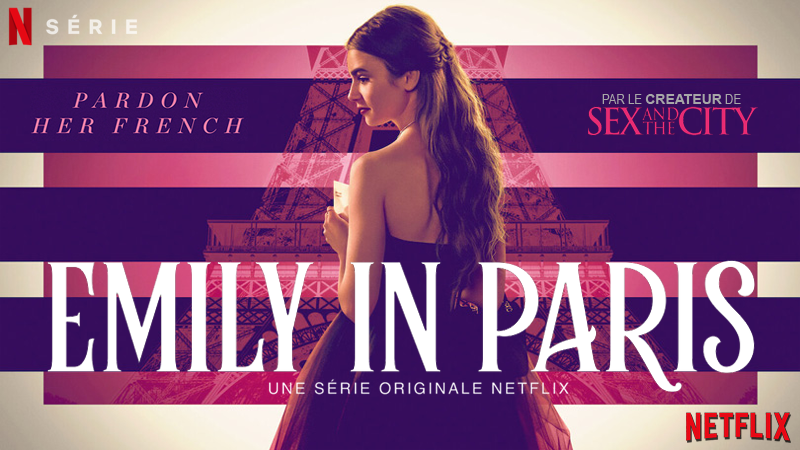


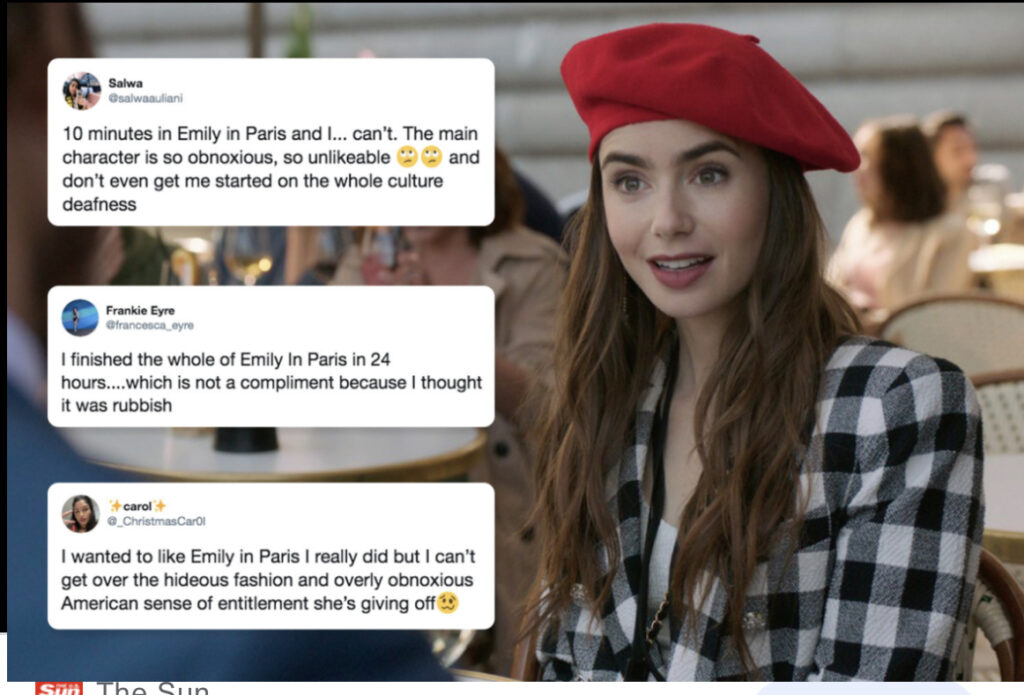
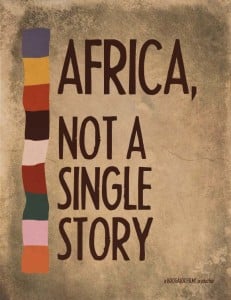


Im from Pakistan. A country reduced into a tiny bland serving of a single narrative by the global media. Totally understand the dangerous of stereotyping.
Pakistan is a beautiful country and it is unfortunate that the rest of the world only knows a single story of it. Keep on telling your story and hopefully one day the world will understand Pakistan and its people better.